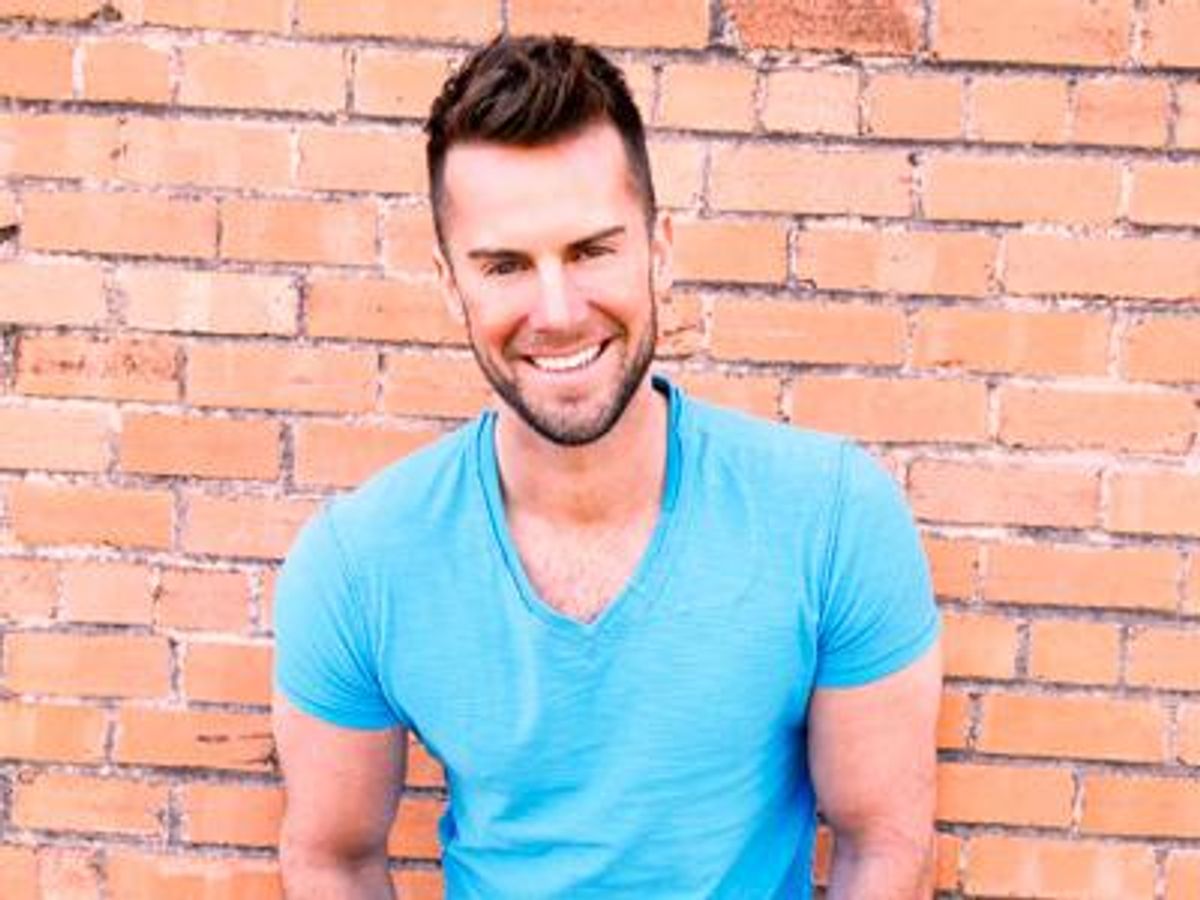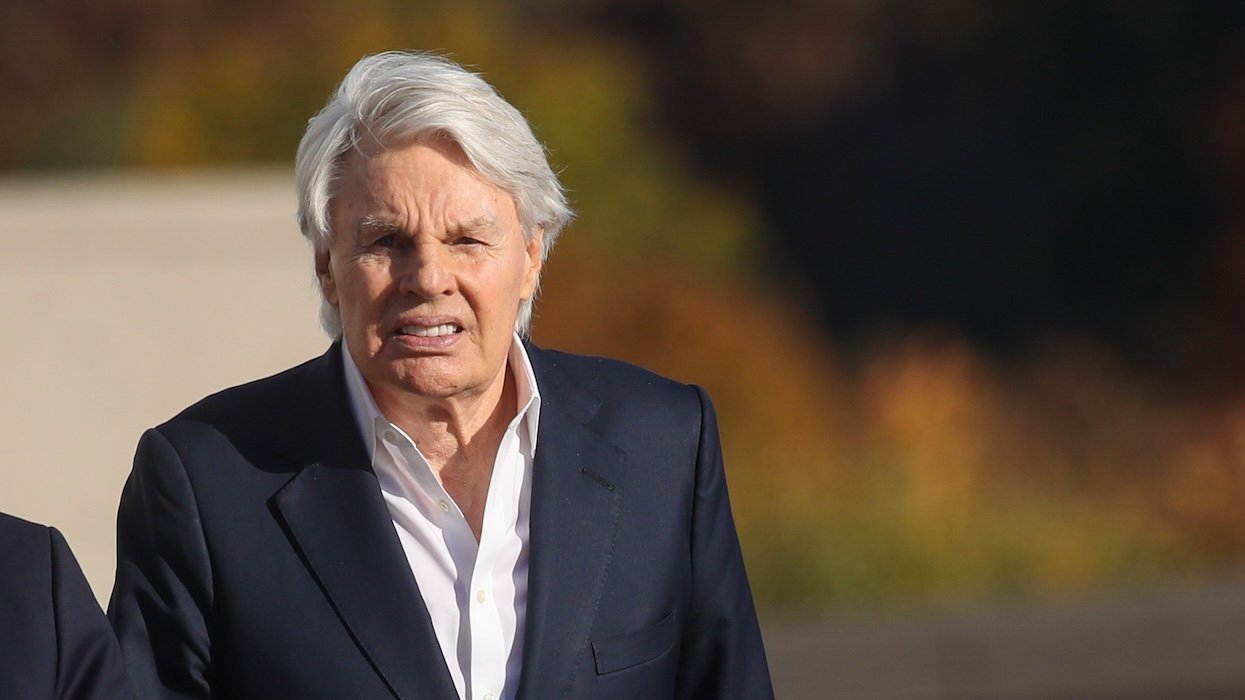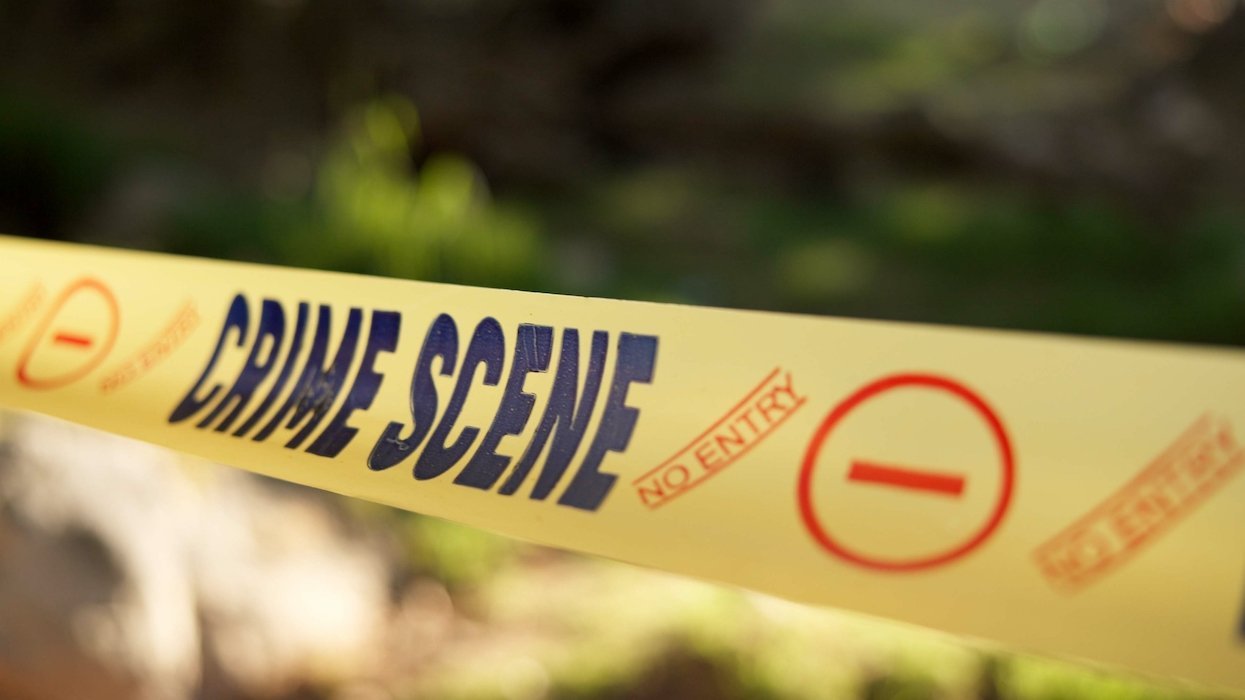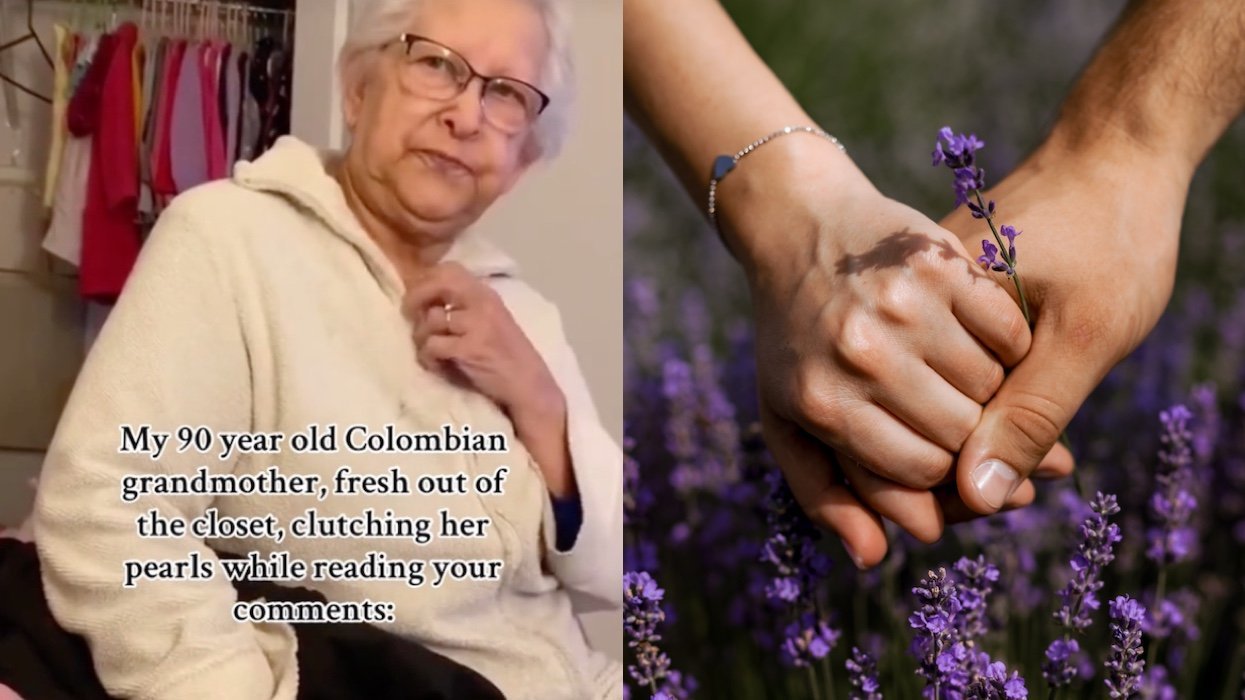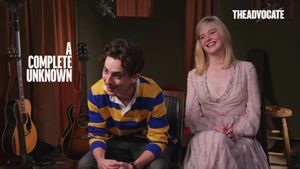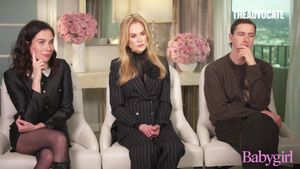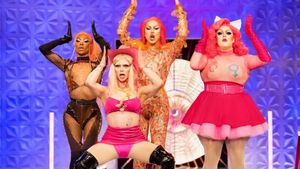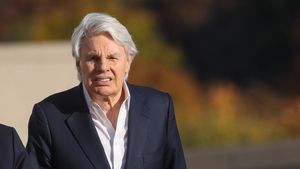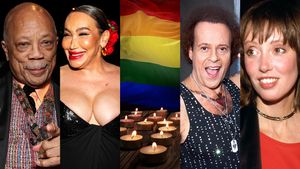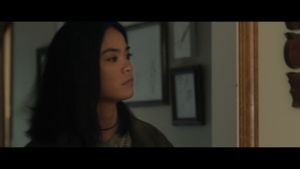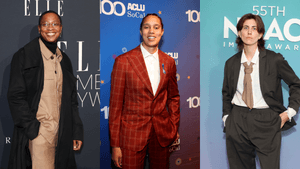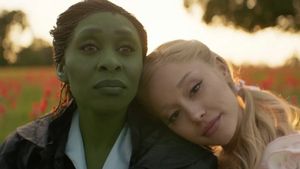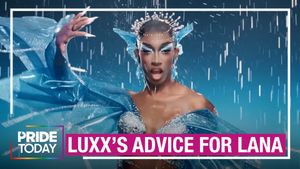Would you call me crazy if I told you that contracting HIV might have been the best thing that ever happened to me? Or maybe you would think of a few other choice words, but I can only venture to guess. Although I would gladly give up certain aspects of being HIV-positive: the constant worry that I will miss my morning pill, the overblown panic of catching other diseases, and the occasional ignoramus who says something like, "I hear you got AIDS." But beyond that, this life-changing diagnosis has been nothing but (dare I say it) positive.
You are probably wondering how on earth someone could consider being diagnosed with possibly the most feared virus in recent history. I have to admit, the words sound quite oxymoronic coming out of my mouth. But while I was sitting in a large circle of people at the 21st Annual AIDS LifeCycle in San Francisco, listening to their various reasons that they participate in the seven-day ride, the catalyst that sparked a journey that would lead me to an event like this was unmistakably clear.
Of course, it shouldn't take being diagnosed as HIV-positive to have the veil of complacency lifted from your eyes. But all too often, it takes something life-changing to shock your system into giving a damn. Although I do not speak for an entire demographic, I unfortunately do echo the mind-set that keeps HIV transmission rates the highest among the 13-to-24-year-old gay men in the United States. As a true millennial, I know my generation is far too removed from the HIV epidemic and believes that we are safe from the previous generation's worst nightmares.
But out of these nightmares, a connection was born that threads so many men and women together through the incredible beauty of life and the excruciating sadness of loss. For these people, distance from the epicenter of the HIV epidemic has only made this bond stronger. And this week, AIDS LifeCycle unites survivors and supporters alike for the largest bike ride in the world.
So participants sign up to experience the physical challenges of the ride only to be gob smacked by the emotional gravity of their journey. As the veteran riders of AIDS LifeCycle share their stories and the eyes of first-time riders, positive and negative alike, grow wet with tears, it is apparent that so many more people need to hear these tales.

Dan Bernal and Dan Burns (above), otherwise known as DB Squared, are riding together to show that love knows no status. Bernal is a veteran AIDS LifeCycle cyclist but is riding this year for the first time with his new love. Burns is now taking pre-exposure prophylaxis to give both partners peace of mind that both their hearts and bodies remain healthy.

Dusty Klass (above) admittedly signed up for AIDS LifeCycle for the wrong reasons. She was a freshman in college and had just broken up with her boyfriend who was an HIV activist, and wanted to do something to "stick it to him." That was 10 years ago. This week she's riding for the seventh time. What is her reason now?
"I have two legs, and they work," said Klass. "And there are a lot of people who don't have two legs, or that don't have two legs that work. That is why I ride. Who knows, some day I might not have two legs that work. So I do it now."
As dry as her delivery may be, Klass also spoke about the overwhelming experience that AIDS LifeCycle brings and how the ride changed her forever.

Robin Altman (above) decided to become a roadie for AIDS LifeCycle because she wanted to show her lesbian daughter, Erin, how proud she was of her and that she supported her wholeheartedly. She talked about how she watched her daughter struggle to connect with other people all through high school. Then Erin moved to San Francisco not too long ago and became involved with AIDS LifeCycle. Since then, she has found a second family, and Altman couldn't be happier.
"I was kind of her best friend all through high school," says Altman, "but I wanted her to connect with other people. Since she became involved with [AIDS LifeCycle], she really has found her community and has become a much happier and balanced person."

Fabian Quezada (above) first learned about AIDS LifeCycle when he was living in the transitional living center at the Los Angeles LGBT Center. After moving to L.A., Quezada struggled with his transition and turned to alcohol and drugs after an abusive relationship and being diagnosed as positive. But the L.A. LGBT Center's transitional living center gave him a fresh start, and Quesada has been sober ever since.
Fabian recalls how he felt during his first AIDS LifeCycle experience.
"The experience was so overpoweringly positive," Fabian says. "I was crying a lot. Dealing with HIV myself, it was an overpowering experience to see just how many people cared and supported me."
Now Fabian is a successful hairstylist in Beverly Hills and recently married E! News correspondent Marc Malkin.
These people, with diverse backgrounds and various reasons for participating, have come together to form a community that may have been born out of tragedy, but thrives on hope. AIDS LifeCycle connects each person to the experiences and the gravity of this virus that no gala, no benefit, no party ever could. This is a ride of experience filled with ups, the downs, the pain, the pleasure, the sorrow, the cheer, and the bliss that are all part of what it is to live with HIV.
I say that HIV is the best thing that ever happened to me because it is the catalyst that continues to push me out of the safe and into the incredible. It makes me value life, to make each moment one to remember and take the time to enjoy the journey. Just like Dusty, I choose to live life because I am living.
My wish is for not one more person to be diagnosed with HIV, but I do hope that more people come to realize just how the virus affects them. That doesn't take a diagnosis, merely an experience that brings into focus just how precious life is, how human we all are, and how life is wasted so often on the living.
For many, that only takes riding 545 miles from San Francisco to Los Angeles, give or take a little.
TYLER CURRY created the Needle Prick Project as an editorial and visual campaign to elicit a candid and open conversation on what it means to be HIV-positive today. To learn more about the Needle Prick Project, visit Facebook.com/getpricked or follow Tyler Curry on Facebook or Twitter at @iamtylercurry.
